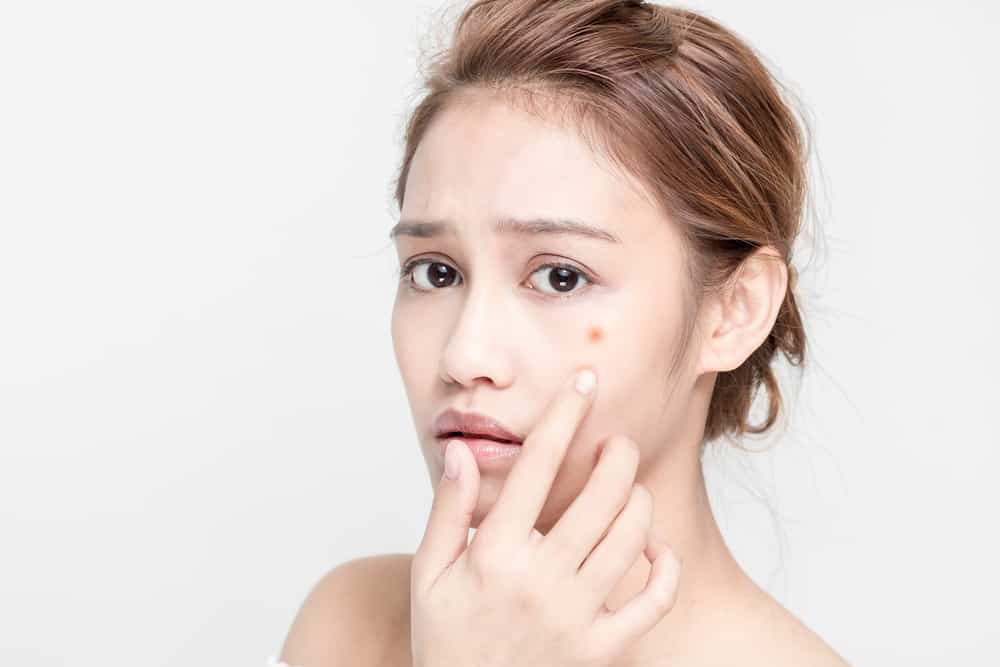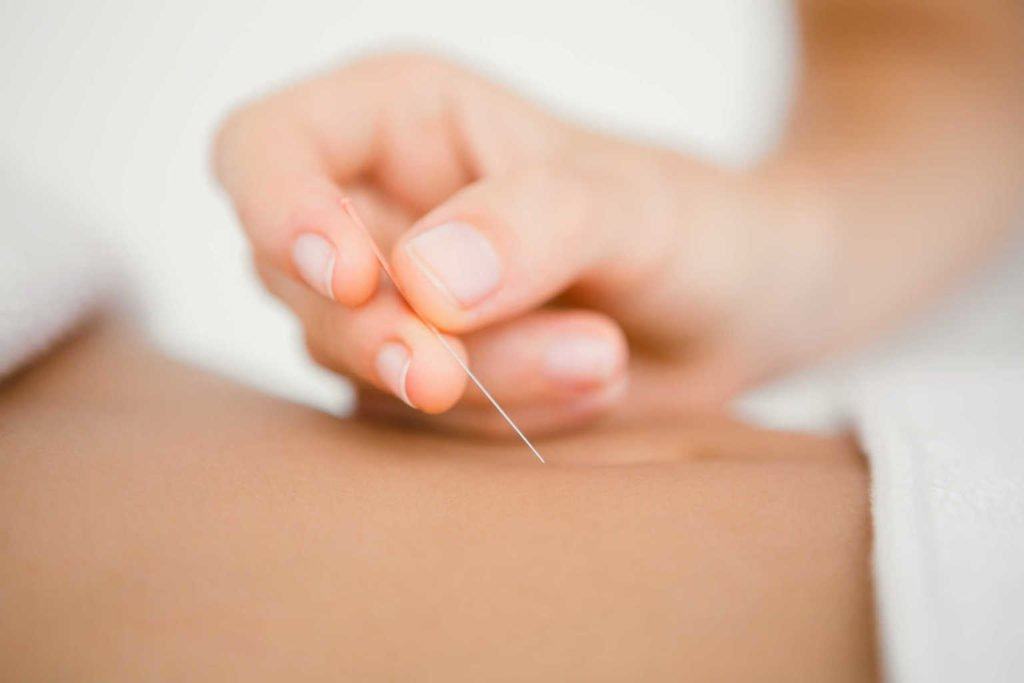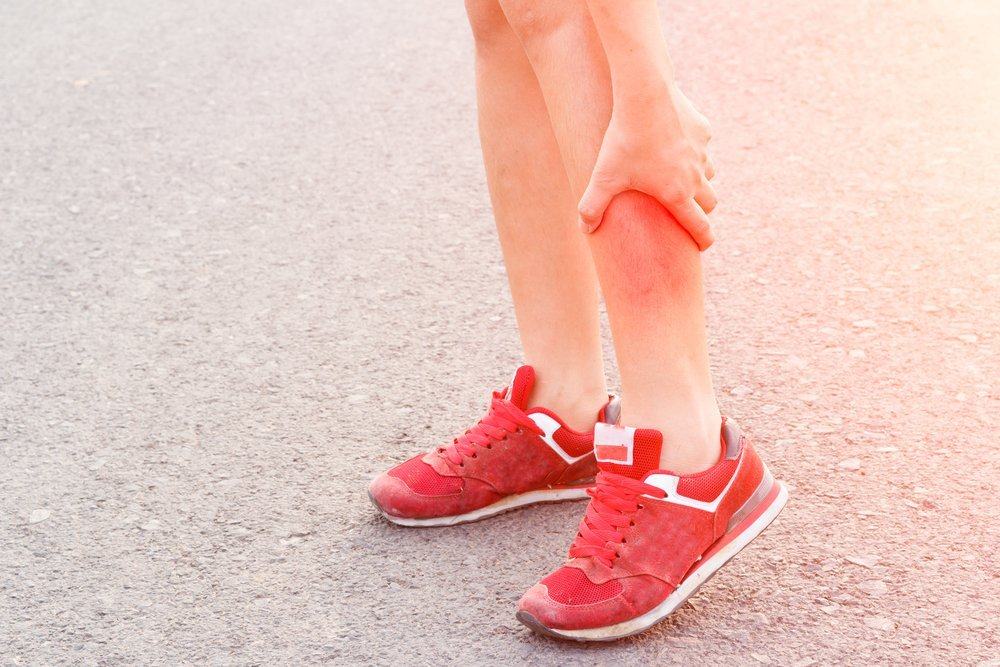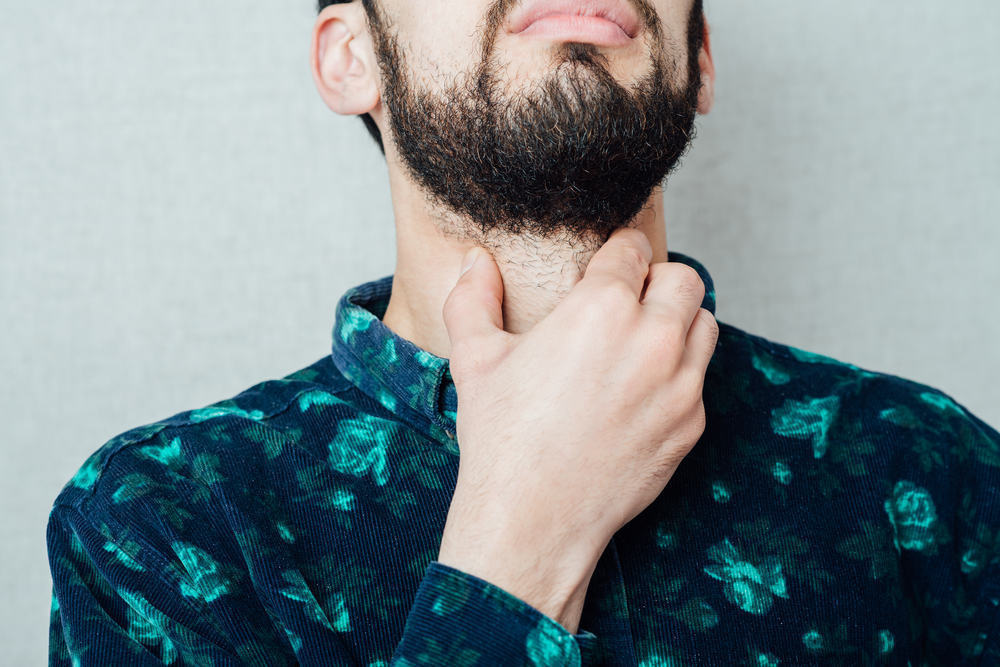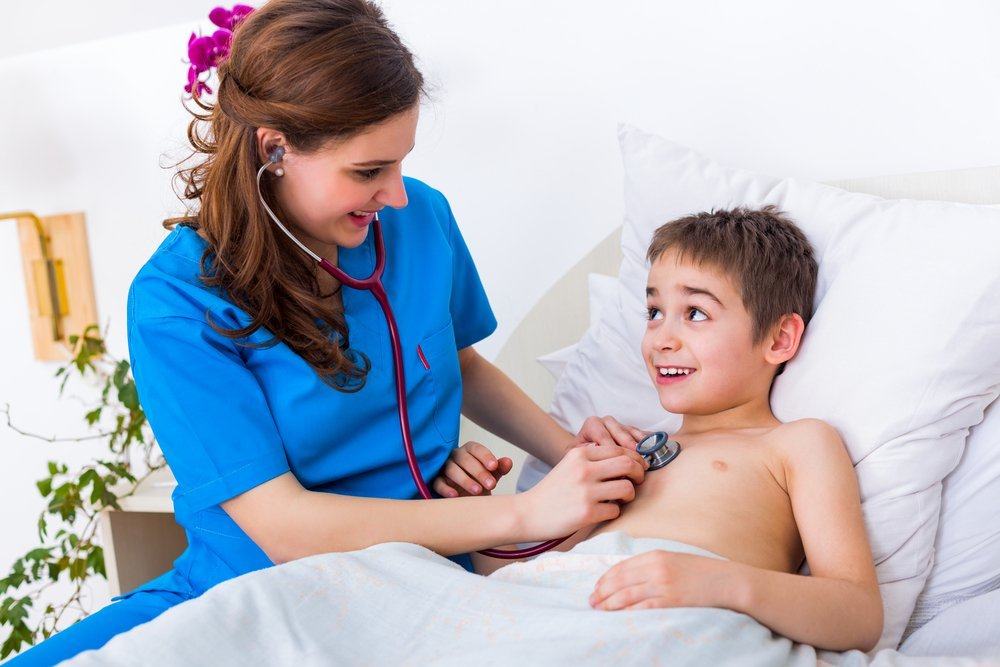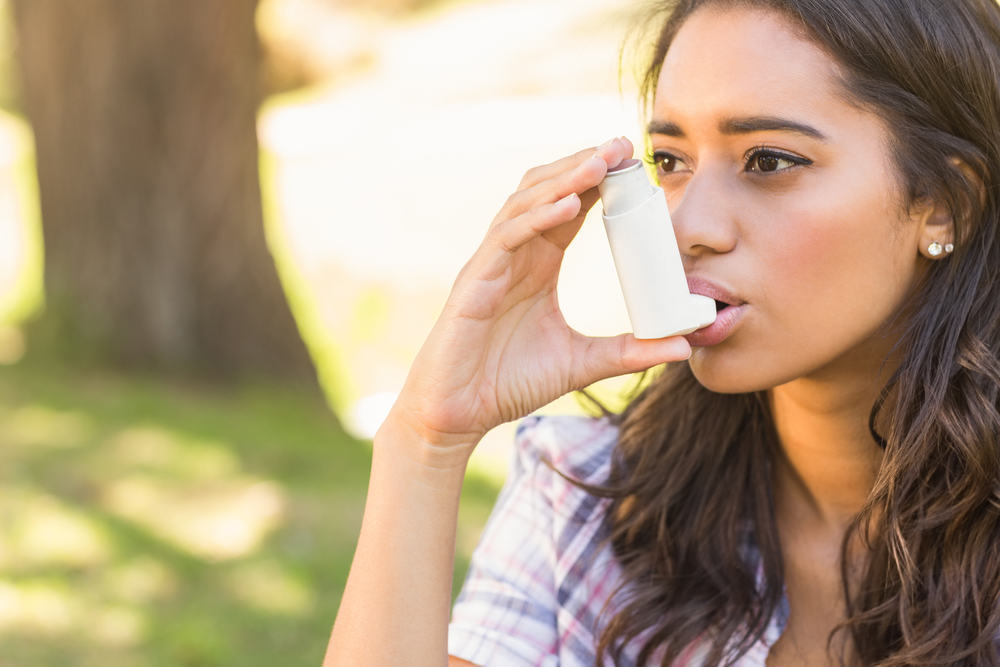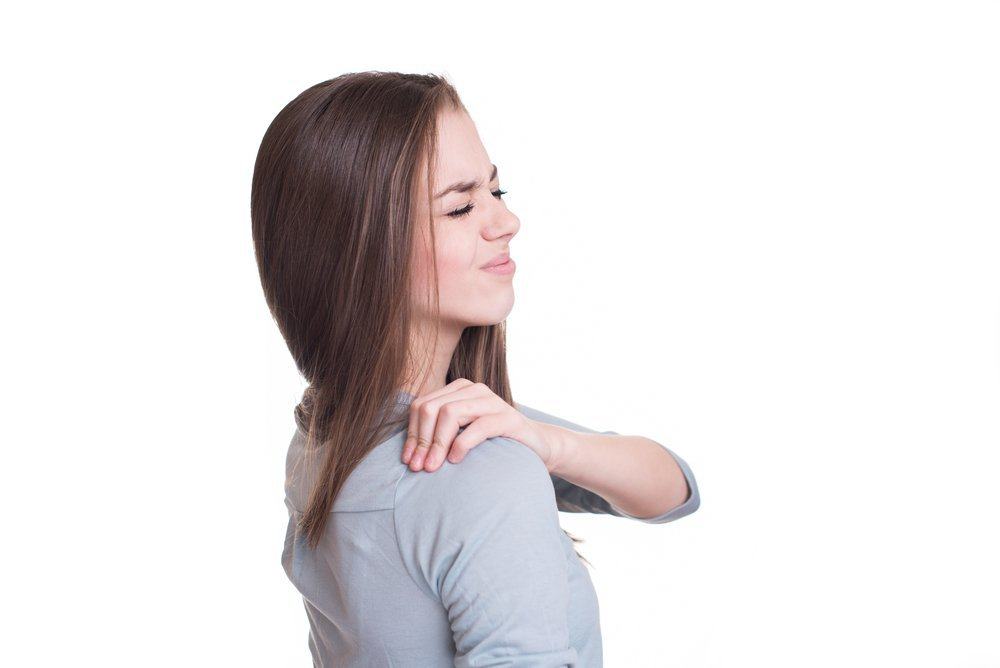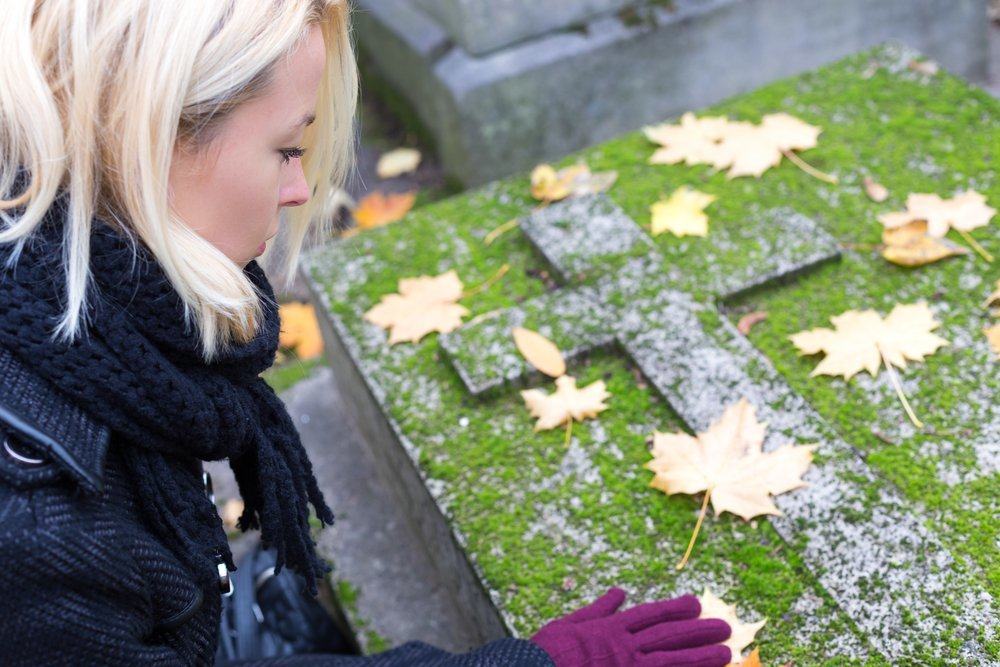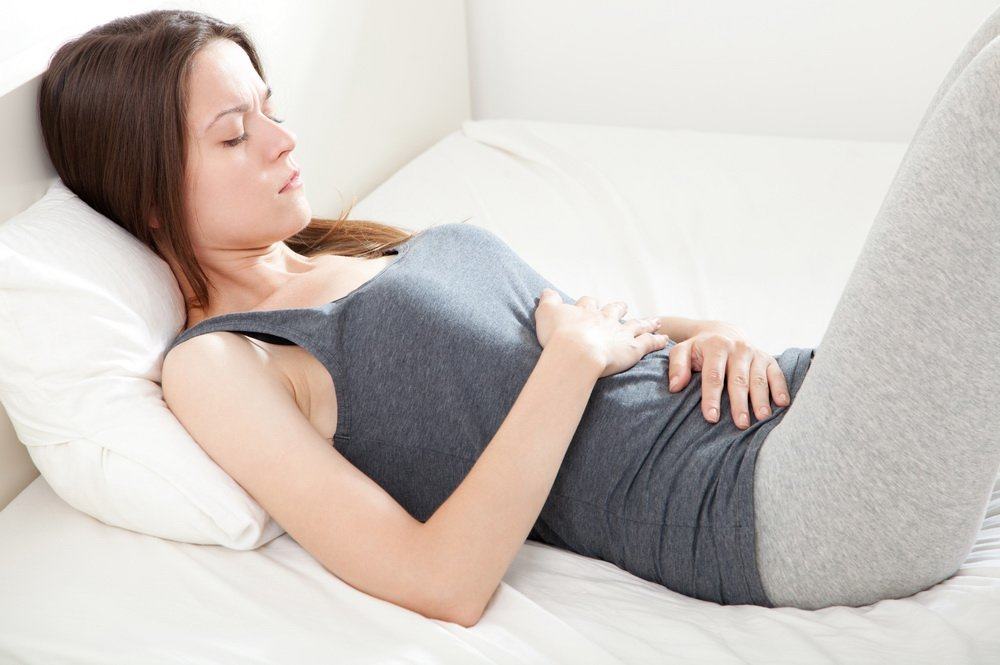Contents:
- Medical Video: How To Get Rid of Acne | Best Spot Treatment | How To Use Benzoyl Peroxide | Prevent Acne (2018)
- How to treat stone pimples at home
- How to treat stone acne in a dermatologist
- 1. Photodynamic Therapy (PDT)
- 2. Oral antibiotics
- 3. Hormone therapy
- 4. Isotretinoin
- 5. Acne injections
Medical Video: How To Get Rid of Acne | Best Spot Treatment | How To Use Benzoyl Peroxide | Prevent Acne (2018)
Stone acne is a skin problem that is very disturbing and is quite difficult to cure. Stone acne generally has purulent red bumps which are usually accompanied by severe inflammation. This makes most of the pimples cause pain or pain when touched. If stone acne is not treated properly, it will worsen the condition of your skin. So, how to treat cystic acne? Check out the full tips in this article.
How to treat stone pimples at home
Actually, stone acne is a skin problem that can affect all ages at all ages. Good and correct caring for the face is the key to overcoming this condition.
Here are some ways to treat stone acne at home:
- Use a gentle facial cleanser twice a day (cleaning your face and drying it too hard can make your face worse).
- Avoid cleaning your face with bar soap. The bar soap formulation can clog the pores of the face.
- Do salicylic acid-based exfoliation, one or two times a day. This exfoliation will be useful to reduce redness and swelling, reduce bacteria in the pores, and increase the productivity of oil glands.
- Use benzoyl peroxide to kill bacteria in the pores and make sure this product does not contain menthol or alcohol which can irritate the skin.
- Do not use moisturizers too thick on pimpled skin because overuse can clog the pores.
How to treat stone acne in a dermatologist
For some people, doing care at home as a way to treat stone pimples is enough. But if home remedies like those mentioned above don't work, then consult a dermatologist to treat your acne problem.
Some doctor care options that can help treat your pimples include:
1. Photodynamic Therapy (PDT)
Photodynamic therapy is a new treatment that can treat stone pimples by applying photosensitizing topical cream that is controlled by blue and red LED light.
Although the treatment time taken by a dermatologist will be long enough and also quite expensive, this treatment cannot reduce the amount of oil in the pores, kill bacteria, or reduce pimples.
2. Oral antibiotics
The use of antibiotics in the short term must be consulted with a doctor. Antibiotics for removing pimples can be used topically (topical) and oral (drinking).
Antibiotics work by cleansing the skin of acne-causing bacteria and reducing inflammation. However, antibiotics do not reduce excess oil and dead skin cells.
3. Hormone therapy
Androgen hormones that are produced excessively by women will be the cause of pimples. In addition, many studies suggest that drugs that can inhibit the production of androgen hormones can help treat stubborn acne.
This treatment does not mean without side effects. Therefore discuss with your doctor first. Giving low doses of antiandrogen drugs is a way to reduce side effects.
4. Isotretinoin
Isotretinoin was previously used as an oral drug that can control the oil glands directly and stop the flow of oil. The results are diverse, sometimes immediately visible immediately, sometimes only seen after a long period of time.
However, isotretinoin can cause serious side effects to be considered, including dry skin, hair loss, nosebleeds, liver function problems, and a risk to the fetus. The effect of the treatment of isotretinoin is also permanent.
5. Acne injections
Acne injections are the right choice for you if you want to get rid of inflamed pimples. With this procedure, your acne will get deflated faster and improve after a few hours of action.
Unfortunately, sfor acne is not a routine procedure that can be done every time you are spotty. Because injection of acne is only done on the type of severe acne that is inflamed.

